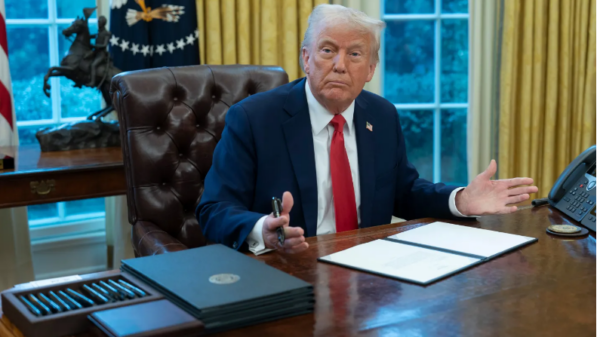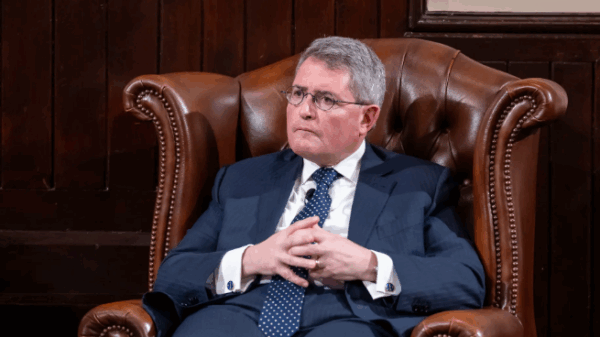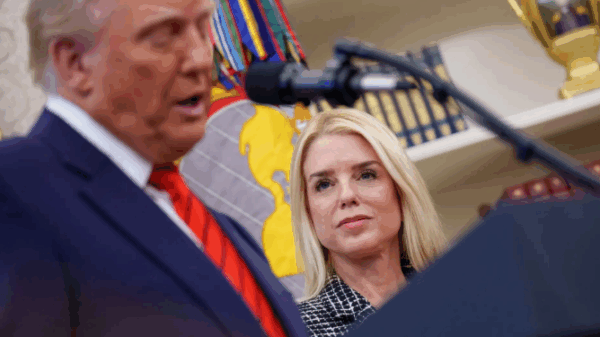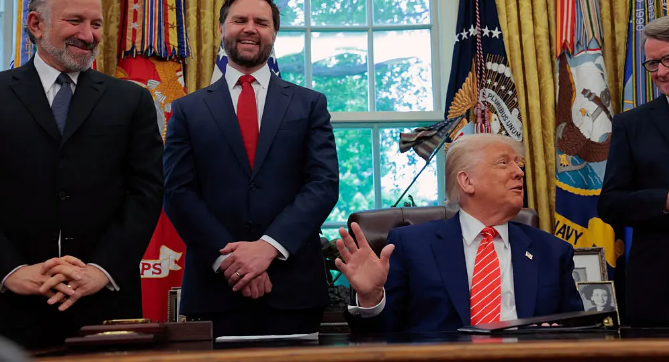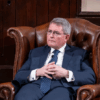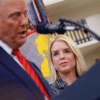Senior negotiators from the United States and China are set to meet in Geneva on Saturday, marking the first high-level face-to-face talks between the world’s two largest economies since President Donald Trump imposed sweeping tariffs on Chinese imports last month. The discussions come amid a deepening trade conflict that has disrupted global supply chains, raised prices for consumers, and rattled key industries from agriculture to electronics.
The U.S. delegation will be led by Treasury Secretary Scott Bessent and U.S. Trade Representative Jamieson Greer, while China will be represented by Vice Premier He Lifeng. Both sides have signaled cautious optimism, framing the talks as an opportunity to de-escalate tensions, though expectations for a major breakthrough remain low.
Trump, who has made reducing the U.S. trade deficit with China a cornerstone of his economic agenda, struck a defiant tone ahead of the meeting. “We were losing a trillion dollars a year, now we’re not losing anything,” he said Thursday. The president has framed the tariffs — which now stand at 145% on most Chinese imports — as a necessary step to revive domestic manufacturing and counter what he calls unfair Chinese trade practices.
In addition to market access, the U.S. is pressing Beijing to curb the export of fentanyl and its chemical ingredients. Trump said this week that any new trade deal must include “a serious commitment” from China to stop the flow of the deadly drug into the United States.
Despite the administration’s hardline stance, economic pressures on both sides have intensified. American farmers and retailers have voiced alarm over rising costs, while U.S. ports have reported a sharp drop in Chinese shipments. In China, officials have denied any urgency, pointing to the country’s diversified trade partnerships and political stability under President Xi Jinping.
“This will be about process, not breakthroughs,” said Mary Lovely, a senior fellow at the Peterson Institute for International Economics. “Both sides know the damage a prolonged conflict can do, but China has more room to wait this out.”
While the Geneva meeting is viewed as a positive sign after months of escalating rhetoric, it has also exposed lingering mistrust. Chinese officials insist the U.S. requested the talks, a claim Trump dismissed on Thursday. “Who made the first call doesn’t matter,” he said. “What matters is what happens in that room.”
With the political stakes rising and little consensus on core issues, the most immediate outcome expected is a commitment to keep talking. A pause in further tariff increases or agreement on a negotiation framework would be viewed as a modest but important step forward.





